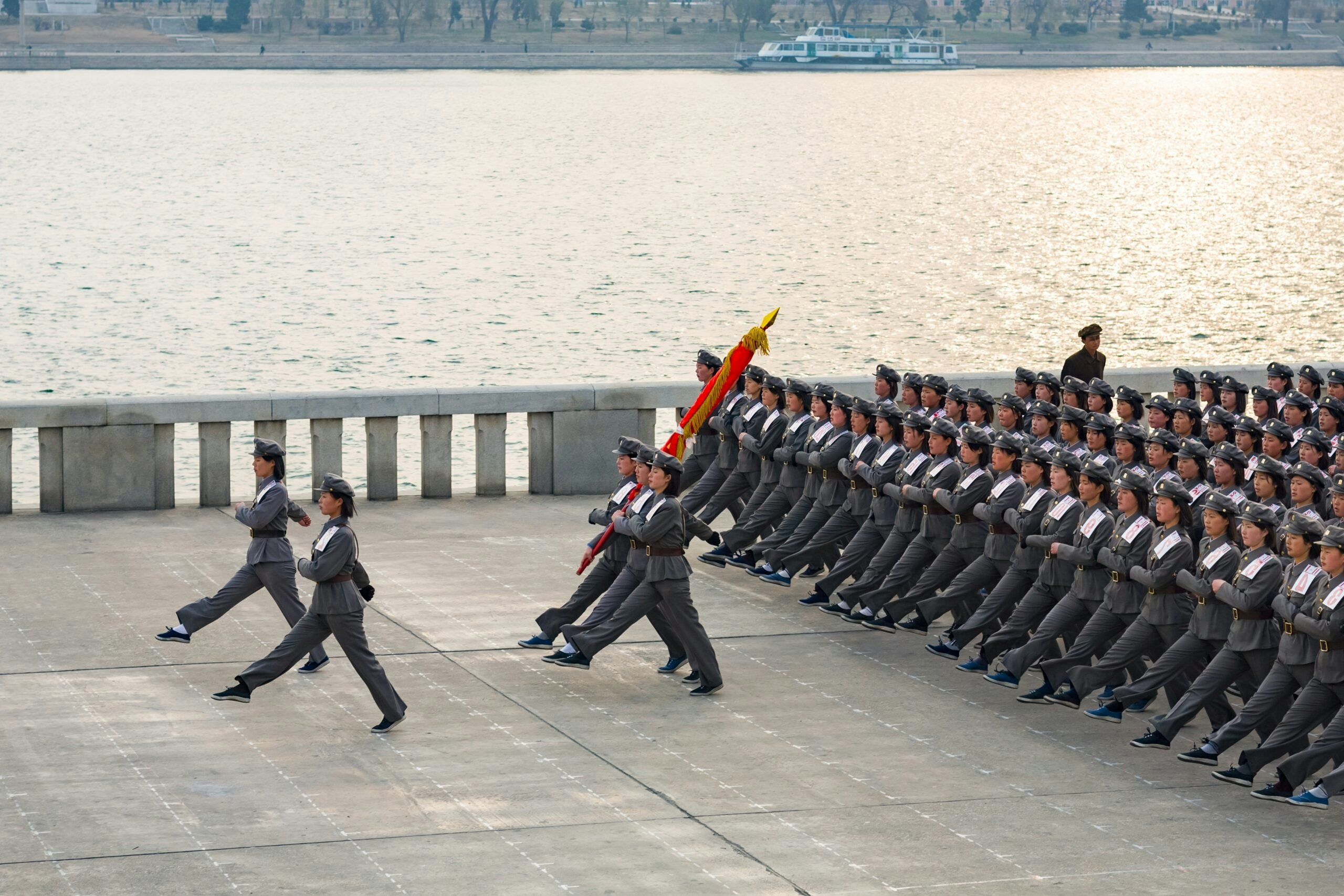What is the North Korean Human Rights Act and why is it important?
The North Korean Human Rights Act (NKHRA) was signed into law by President George W. Bush in October of 2004. It was a law that aimed to improve the condition of the people in North Korea through a variety of measures that the U.S. government and non-government organizations could take.
In addition to supporting the people of North Korea, how does the act aim to help escapees of the Hermit Kingdom?
The main way that the North Korean Human Rights Act can help improve the condition of people inside of North Korea is to help those who have gotten out of the country. In that regard, the act provides humanitarian assistance to escapees. It also provides funds to non-government organizations to try to help North Korean escapees. NKHRA aims to increase the availability of information for those inside of North Korea, and the act provides legal assistance to North Koreans who have fled the country. In that sense, NKHRA tries to be helpful to both those inside the country and those who’ve had the courage to leave.
Before the North Korean Human Rights Act, what opportunities awaited North Koreans once they escaped? What options did they have?
Before the North Korean Human Rights Act, there were not a lot of options available to North Korean escapees. Opportunities largely came through the United States — through the Korean communities, in cities or church organizations, but there was never any sort of legal government infrastructure or support mechanism until the 2004 act.
The North Korean Human Rights Act has not been reauthorized. How does this affect North Korean escapees and North Koreans still in the country today?
The act hasn’t been reauthorized, but the hope is that it will be. It was signed into law by President Bush in 2004, and it has been reauthorized with full bipartisan support from both sides of Congress for years. Failing to reauthorize the law is a blow to the human rights regime when it comes to North Korea. During the Bush Administration, NKHRA in many ways spearheaded the North Korean human rights movement in the U.S. It’s symbolically very important, but the money that is authorized by the act is also very important to help North Korean escapees and NGOs that are trying to get information, radio broadcasts, and those sorts of things into North Korea.
The act should be reauthorized as a statement by the American people and by the U.S. government that we care about the human condition in North Korea, one of the most heinous places in the world in terms of human rights abuses. It should also be reauthorized to try to help those who leave the country, those who have the courage. It really does require courage to leave North Korea, for escapees to vote with their feet and seek a better life elsewhere. In conjunction with the North Korean Human Rights Act is a refugee resettlement program for North Koreans in the United States. The United States is the only country outside of South Korea that has such a program.
What is the U.S. doing right and what does it need to improve on in supporting both the people of North Korea and escapees?
What the U.S. has done right is focus global attention on the issue. If the U.S. doesn’t show it cares about this issue, then nobody else in the world will. The United States has been a beacon for the world in many ways for standing up for the cause of human rights. It has also put money and legislation toward that purpose, as we talked about with the North Korean Human Rights Act and the refugee resettlement program. In the past, the U.S. also made major contributions to the World Food Program appeals for North Korea.
In terms of what the U.S. can do better, I think everybody agrees that we need to get more information into North Korea so that the average North Korean citizen knows what life is like outside of the country, rather than being in a very cloistered and contained environment in which the leadership tries to prevent its people from thinking about anything except service to the leader. That is not easy to do, given how closed a society it is, but I think all of us can work harder at trying to get more information into the country.
Anything else you’d like to add?
Both China and Russia have aided and abetted the transnational repression of North Korean citizens. There are likely many North Korean slave laborers going to Russia because of North Korea’s support of Russia and the war in Ukraine. Now, some of them are probably even fighting in the war. This is a clear example of human rights abuses on the part of both the North Koreans and the Russians, and whatever can be done to curtail that is important. It’s the same with regard to labor that goes to China. That’s another place where North Koreans are working in subpar conditions, and the money they receive doesn’t go back to their families, it goes to the state. The more attention and effort put toward curtailing these sorts of practices is more to the benefit of the North Korean people.






























